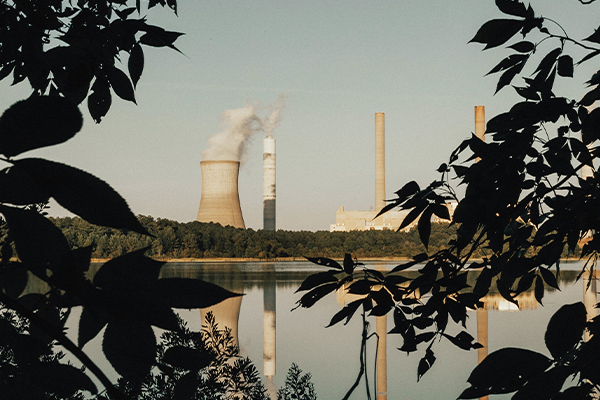Power is considered to be the most basic driving force in social relations and is common among colleagues, friends, family members, and lovers. Power plays an important role in economics, politics, decision-making, ethics, and management. What is power? Eric Liu defines power to be “an ability to make others do what you would have them do” in his speech “How to Understand Power”.
From the perspective of psychology, this definition of power is essentially about an asymmetrical control. High-powered people have more resources, both spiritual and material. These resources not only include increased political and financial means than those who do not possess power, but also non-physical factors such as influence, knowledge, emotions, self-perception, world view, etc. In general, people with power are less dependent on others. On the contrary, people without power have fewer resources and are more dependent on others. This sense of autonomy, control, or freedom brought by the resources is the ultimate reason why people desire power.
Knowing that power brings the merits of autonomy, control, or freedom, it is natural for people to wonder how they can effectively gain power. Psychological studies in the past years have found that people accumulate power by showing empathy. In the article “The Psychology of Power” by Jonah Lehrer, multiple studies have reaffirmed that considerate and outgoing personality, agreeableness, and extroversion are among the most common features for people who accumulate power and authority the fastest. Ironically, after the accumulation process, people who have obtained power tend to lose those personality traits that have helped them obtain power in the first place.
In an ethical dilemma, individuals with high power often adopt a rule-oriented moral thinking mode, probably because the rules themselves are stable, and high-powered people have more resources and can achieve better control. However, when personal interests are involved, high-powered people do not follow the rules-oriented moral thinking, turning into the opposite of the empathetic persons that they used to be.
Why does such a drastic change occur to people in power? First, power induces social distance between the powerful and the powerless. Power weakens the motivation to establish connections with others, thereby increasing the social distance between individuals and others. After the power is promoted, the individual prefers self-construction of independence and autonomy.
The interest in perceiving the psychological state of others is reduced, thus less empathetic. Second, power produces the resources of autonomy and control. The essence of power is an asymmetrical control, and the sense of autonomy is its core element. After the accumulation of power, the individual’s positive emotions are increased. In other words, their ego becomes bigger, blinded by the optimism thinking patterns brought by the sense of autonomy awarded to them. These two reasons may explain why “when you give people power, they basically start acting like fools.”
In conclusion, the obtainment of power can give people a higher self-esteem and a more independent experience. The promotion of power also enhances positive emotions and the sense of control. These positive emotions can increase the meaning of life and the sense of wellbeing, motivating people with power to contribute more to the public. This is basically why people desire power so much. Therefore, the meaning of life is positively related to self-esteem and positive emotions. However, after obtaining power, autonomy can contribute negatively if people stopping being empathetic and are blinded by the power. In the pursuit for power, people should always be careful about indulging themselves in the sense of autonomy that is the result of extra resources. Otherwise, they may find themselves being arrogant, making foolish and even unethical decisions.

